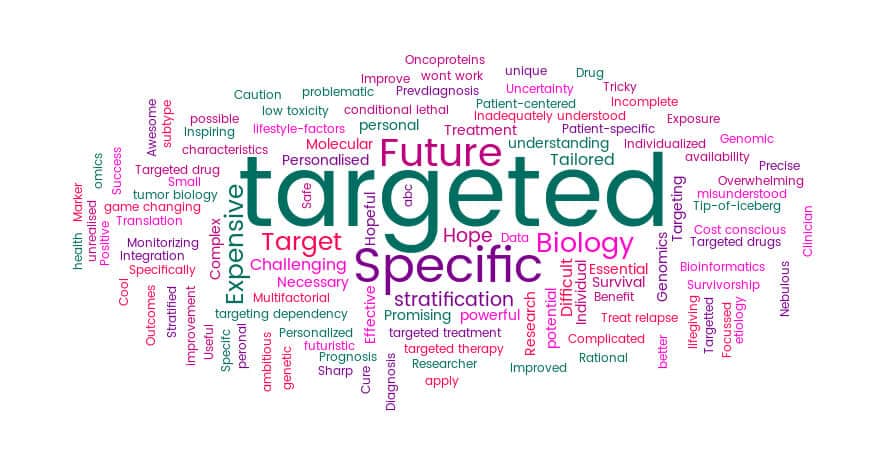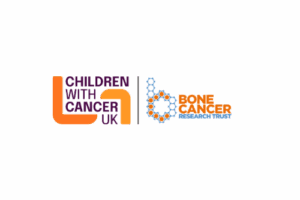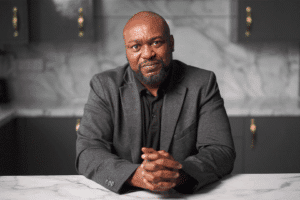Brain tumours targeted in £4 million research programme
Newcastle scientists target children’s brain tumours in £4 million research programme

Scientists in Newcastle are at the forefront of a ground-breaking research project aimed at beating childhood brain tumours. The £4 million study will explore new ways to treat some of the deadliest brain tumours affecting children.
The Newcastle University team, based at the Northern Institute for Cancer Research, will use cutting-edge screening techniques to identify critical genetic and biochemical features of aggressive brain tumours in young patients. By matching their laboratory findings to the progress of children with these tumours in the clinic, they hope to find out how such characteristics affect the way the tumours grow. That information will be used to develop tailored treatments for different groups of youngsters, so that therapies which target specific tumour characteristics can be offered to those whose tumours are identified as the most dangerous.
Co-funded by a £2 million grant from The Brain Tumour Charity and Children with Cancer UK, the researchers hope the five-year project will eventually save lives as well as sparing children with less deadly forms of tumour the trauma of unnecessary and potentially damaging drug treatments.
Newcastle team leader Professor Steven Clifford explains:
The benefits that we’re trying to bring to children with brain tumours are two-fold. Through understanding the biology of brain tumours in much more detail, we hope to be able to increase the cure rate for children with brain tumour. And for those children that survive their brain tumours, we also want to make sure that their quality of life is as good as it can be following their treatment.
Newcastle is one of three UK centres that make up the INSTINCT network, created to further the understanding and treatment of aggressive childhood brain tumours. INSTINCT, which also includes the University College London Institute of Child Health and the Institute of Cancer Research in London, brings together the work of leading scientists and clinicians in the field of high-risk paediatric brain tumour. The aim is to ensure that brain tumour research studies translate as quickly and effectively as possible into new treatments. Between them, the clinical centres working under the INSTINCT umbrella treat more than one in three young brain tumour patients in the UK. Professor Clifford said:
Funding for INSTINCT’s work is critical. The money for this new programme will underpin our efforts for the next five years to allow us to make new biological discoveries and move those forward into the clinic.”
The £2 million grant from The Brain Tumour Charity and Children with Cancer UK has been matched by another £2 million from other sources, including Great Ormond Street Hospital Children’s Charity.
The Newcastle scientists on the newly-funded INSTINCT programme will focus on a type of fast-growing tumour known as medulloblastoma. In another strand of the research, they will work with the Institute of Child Health to investigate the genetic differences between very rare tumours known as ATRT (atypical teratoid/rhabdoid tumours) and ETANTR (embryonal tumour with abundant neuropil and true rosettes). And scientists at the Institute of Cancer Research will investigate the genetic differences between types of childhood brain tumour known as high-grade glioma (HGG) and diffuse intrinsic pontine glioma (DIPG).
The INSTINCT research project is part of an overall £10 million investment in UK brain tumour research, made possible thanks to £5 million in grants from the Brain Tumour Charity and £5 million matched funding from other sources. Neil Dickson, vice-chair of The Brain Tumour Charity, described the investment as a major milestone in brain tumour research.
We are absolutely delighted that The Brain Tumour Charity has been able to award funding for these research projects, which we hope will bring about much-needed improvements in the understanding and treatment of brain tumours. “This level of spending on brain tumour research is unprecedented in the UK. It has been made possible by our dedicated supporters and fundraisers around the country, many of whom have personal experience of the devastating effects of a brain tumour.
Case study
Cameron Angus was told he had a high-risk brain tumour at the age of nine after a visit to the optician revealed swelling behind his eyes. The Newcastle youngster, now 12, is doing well after surgery and gruelling courses of radiotherapy and chemotherapy. His mum Sally has nothing but praise for the doctors who treated him – but she is also delighted that if the Newcastle research project is successful, drug doses for children like Cameron may be tailored to take into account the severity of their tumour. Sally was told as Cameron neared the end of his treatment that advances in the understanding of children’s brain tumours might have led to him receiving a lower chemotherapy dose, had he been diagnosed a few months later.
They probably did give him more than he needed. It did upset me a bit because you think to yourself, they are giving him all of these drugs and he might not have needed so much. So the fact that they are doing this research is fantastic.
Brain tumours – the facts
- Brain tumours are the biggest cancer killer of children and adults under 40.
- Over 9,000 people are diagnosed each year with a primary brain tumour, including 500 children and young people – that’s 25 people every day.
- Almost 5,000 people lose their lives to a brain tumour each year.
- Thousands more are diagnosed with secondary brain tumours, which are not recorded.
- Brain tumours reduce life expectancy by on average 20 years – the highest of any cancer.
- Just 14% of adults survive for five years after diagnosis.
- Brain tumours are the largest cause of preventable or treatable blindness in children.
- Childhood brain tumour survivors are 10 times more likely to suffer long term disability than well children. This accounts for 20,000 additional disabled life years for all the children who are diagnosed each year.
- Research offers the only real hope of dramatic improvements in the management and treatment of brain tumours. Over £500m is spent on cancer research in the UK every year, yet less than 2% is spent on brain tumours.
Press enquiries:
For all press enquiries, please email [email protected] or call 0800 222 9000 and ask for the media team.
Other stories
We have lots of information to help you learn more about childhood cancer. From specific cancer types, to treatments and causes.









